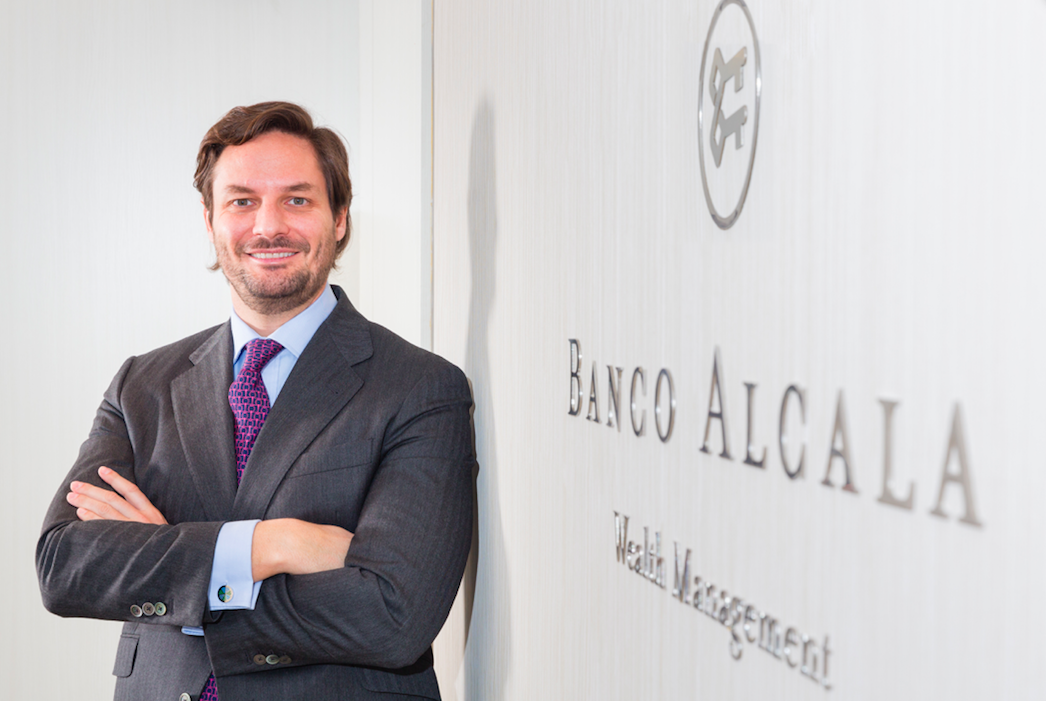A few months ago, a great manager and friend, a faithful follower of the philosophy of value investing, told me that he had introduced ESG criteria into his analysis, and that he considered them a source of competitive advantage for certain companies. He even gave an example. It is the typical comment that you interpret as a justification to support a new trend, but as it came from this person, it made me think. Not only for listed companies where to invest, but for the very business of asset management.
There is no self-respecting conference on investments that does not discuss ESG, no institutional investor that does not show interest in adopting these criteria in new investments and no slide in strategic presentations of companies that does not mention it. They have started to create certificates in “ESG investing” and, of course, the regulator is surely not far behind wanting to define and assign universal ratings…
Obviously, it would be an unsustainable competitive advantage as it does not create a lasting entry barrier, but the speed of implementation may condition the feasibility of the business in the short term.
From the asset management perspective, it should go from being a specific type of asset to be part of the corporate investment philosophy. It will be a new risk factor to control. However, and still being an unstoppable trend, in the short term it faces certain difficulties:
- It is currently in direct conflict with passive management, where there is no type of ESG filter in most indexes, and therefore in the funds that replicate them.
- Most capital allocation decisions are made within the companies themselves, which makes it especially difficult to analyse the decisions and the impact on different factors such as supply chains or trade policies.
It definitely means a great risk for asset managers, not being able to access a growing client base with clients who are looking for it, or ultimately, lose them (a great French institutional manager recently mentioned in a conference that 50% of its new business is coming with ESG criteria). And it is also a great risk for listed companies to see reduced access to capital markets, which may (it has not happened yet) increase their cost of capital. In certain cases, if a case of corruption by a senior executive of a company comes out, it could trigger a wave of indiscriminate sales from these funds. And if corporate governance does not work well, it may compromise its cost of financing in a much more aggressive way than we are seeing recently. And the client will eventually demand a report where their manager’s performance is analysed and the impact achieved in certain cases.
Column by Luis Buceta, CFA, CIO Banco Alcalá. Head of Equities at Crèdit Andorrà Financial Group. Crèdit Andorrà Financial Group Research.




 By Fórmate a Fondo
By Fórmate a Fondo